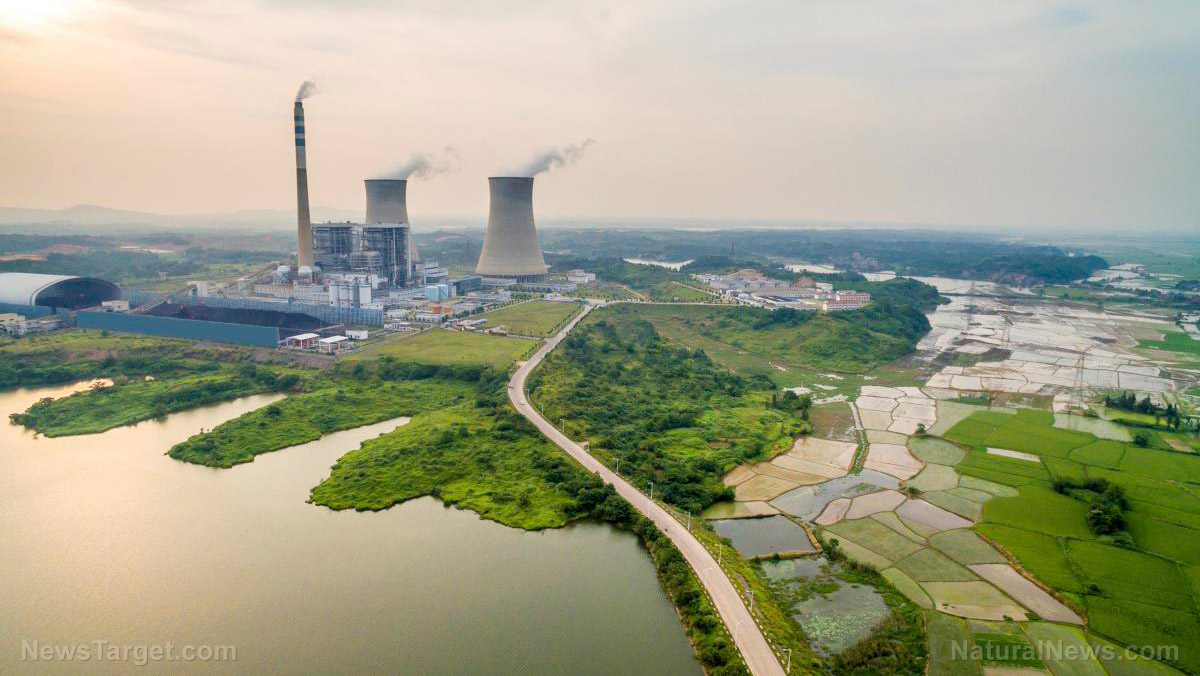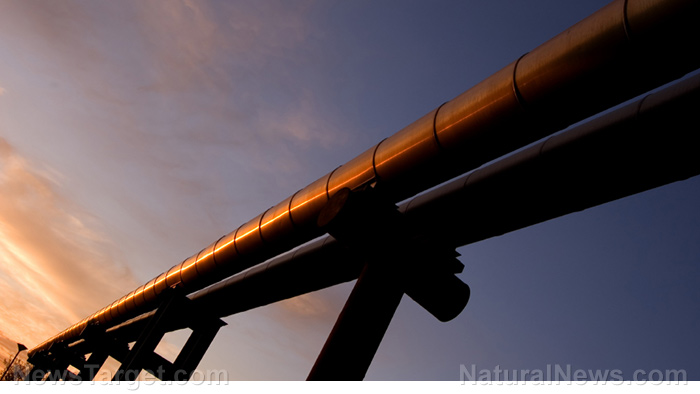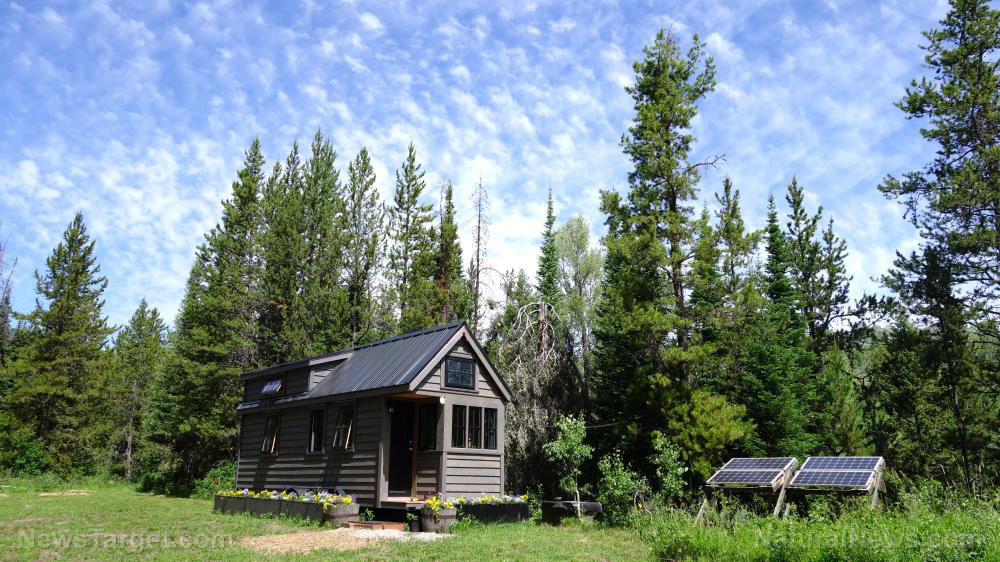 Parler
Parler Gab
Gab
- Commonwealth Fusion Systems (CFS) is set to build the world's first grid-scale commercial nuclear fusion power plant in Virginia, located in Chesterfield County.
- The project will generate 400 megawatts of electricity, enough to power 150,000 homes, and will use a tokamak device to fuse hydrogen isotopes under extreme conditions, offering cleaner and more sustainable energy compared to traditional nuclear power.
- Fusion technology promises minimal environmental impact, producing no long-lived radioactive waste and eliminating the risk of a meltdown. This makes it a safer alternative that can be situated closer to communities.
- Virginia has offered financial incentives, including a $1 million state and county grant and tax exemptions, to support the project. The venture is projected to generate billions in economic development and create numerous jobs.
- The project will require several state permits and approvals, including licenses from the Virginia Department of Health and the State Corporation Commission. It has received support from key stakeholders and environmental advocates, though concerns remain about potential gas-powered backup systems.
Building of a nuclear fusion power plant in Virginia garners support from key stakeholders
The project has garnered support from key stakeholders, including Dominion Energy and the Virginia Clean Economy Act (VCEA), which allows fusion energy to be defined as "zero-carbon electricity." Democratic Virginia State Delegate Rip Sullivan plans to introduce legislation to further solidify fusion energy's place in the state's clean energy strategy. "Since the VCEA's passage, we have succeeded in driving energy innovation in the commonwealth, and today marks another important step in what has been a remarkably successful effort – a step that would not have been possible had Virginia declined or abandoned the opportunity and responsibility it took to lead in clean energy," Sullivan said. Melissa Thomas, a senior organizer with Mothers Out Front, an environmental advocacy group, expressed support for the project, noting its potential as a "promising solution" to rising energy demands in Virginia, particularly from data centers. However, Thomas also raised questions about the plant's potential reliance on gas-powered backup systems.More related stories:
IAEA blames Ukraine for drone strike at Kursk nuclear power plant, warns of "nuclear incident" risk.
Russia warns about Ukraine's attempt to attack Kursk Nuclear Power Plant.
PUTIN: Ukraine tried, but failed, to attack Russian nuclear power plant in Kursk.
Rolls Royce wants to build MINI NUCLEAR POWER PLANTS in Ukraine.
Expert: RADIOACTIVE WATER from Fukushima nuclear power plant could cause ANIMAL MUTATIONS.
Sources include: ZeroHedge.com Brighteon.com90% of Puerto Rico plunged into darkness on New Year’s Eve
By Ava Grace // Share
AI data centers are straining the grid – and your home appliances are paying the price
By Cassie B. // Share
By Lance D Johnson // Share
Governments continue to obscure COVID-19 vaccine data amid rising concerns over excess deaths
By patricklewis // Share
Tech giant Microsoft backs EXTINCTION with its support of carbon capture programs
By ramontomeydw // Share
Germany to resume arms exports to Israel despite repeated ceasefire violations
By isabelle // Share










